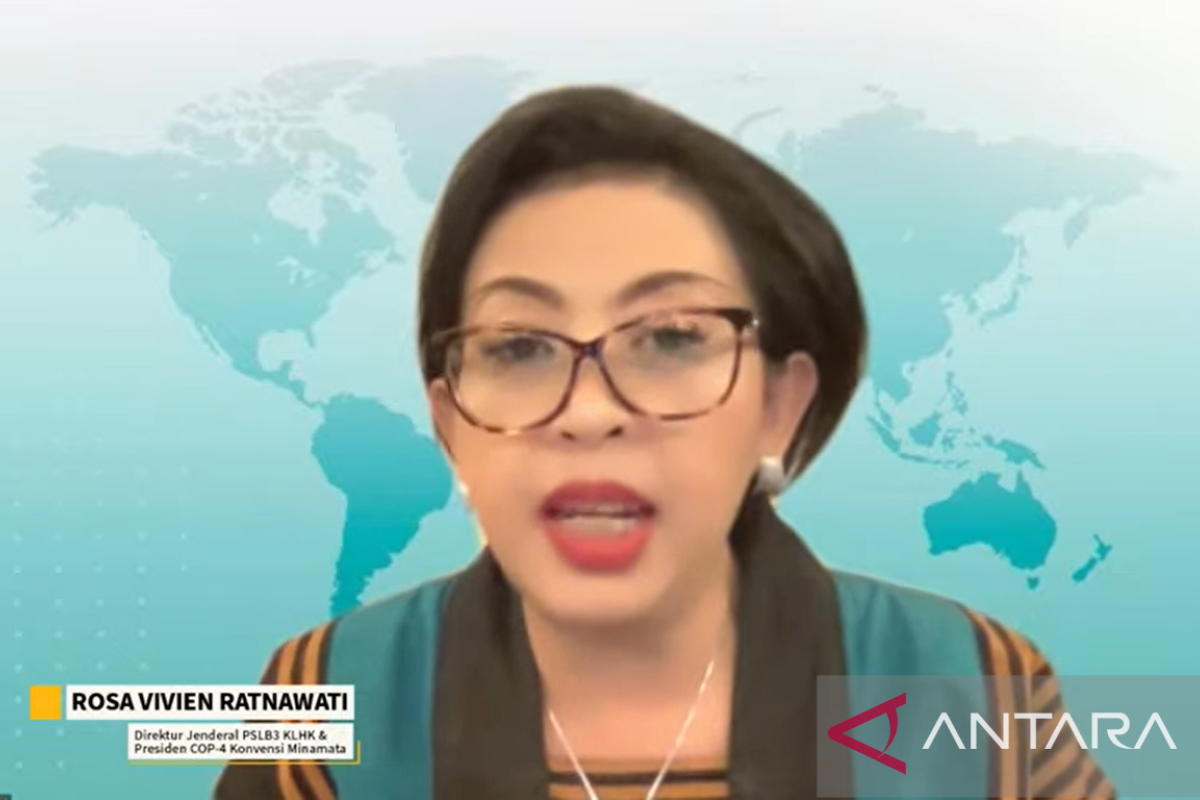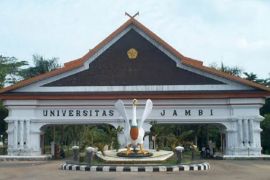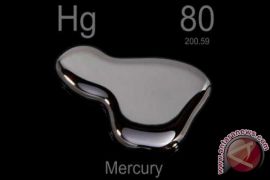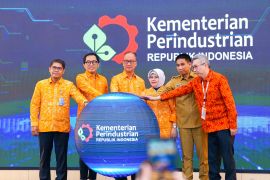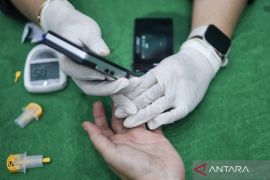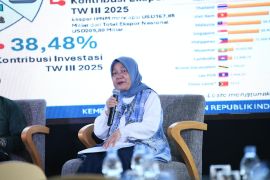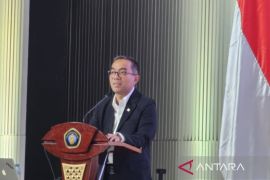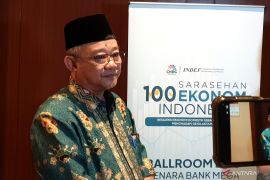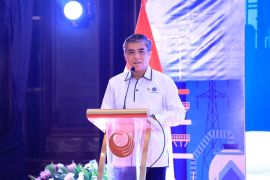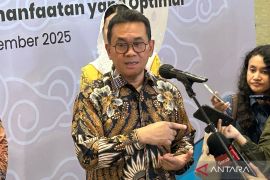The ministry's Director-General for Solid Waste, Waste and Hazardous Substance Management, Rosa Vivien Ratnawati, stated during a virtual discussion accessed here on Friday that the efforts align with Presidential Regulation Number 21 of 2019 on the National Action Plan for the Reduction and Elimination of Mercury.
"The first (sector) is the health sector. For the health sector, in the National Action Plan, we have an agreement to eliminate 100-percent use of mercury in medical devices," Ratnawati remarked.
Some medical devices use mercury, such as thermometers and amalgam for dental fillings.
In addition to the health sector, the small-scale gold mining sector is targeted to fully eliminate the use of mercury in its practices.
Related news: Regional gov'ts should eradicate mercury use in gold mines: Ministry
In order to encourage the elimination of mercury in the mining sector, the ministry has assisted nine locations in the country in switching to gold mining technology that does not use mercury.
Efforts were also made to reduce the use of mercury by 33.2 percent in the energy sector and by 50 percent in the manufacturing sector, based on the National Action Plan for the Reduction and Elimination of Mercury.
"Why not 100 percent? Because even to reduce only 30 percent is already so hard because industries need to look for other raw materials if they do not use mercury," she explained.
According to a report from the implementation of the National Action Plan for the Reduction and Elimination of Mercury in 2020, the reduction of mercury use in lamp and battery industries had reached 374.4 kilograms.
Meanwhile, the reduction of mercury-containing emissions reached 719 kilograms in the energy priority sector, 4.73 tons in the health sector, and 10.45 tons in small-scale gold mining.
Related news: Indonesia succeeds in reducing mercury use: Environment Ministry
Related news: Indonesia's role and commitment in Minamata Convention
Translator: Prisca Triferna, Raka Adji
Editor: Suharto
Copyright © ANTARA 2022
